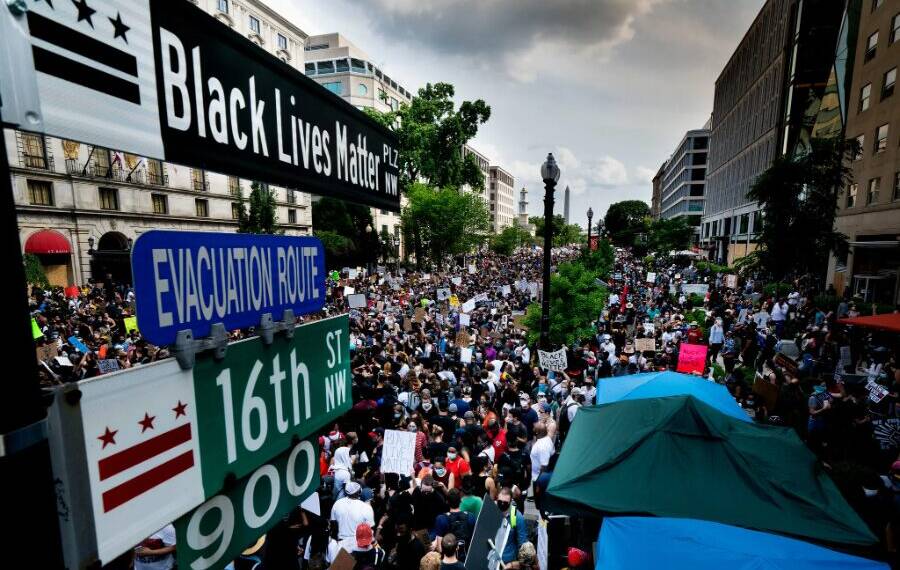The US is healing! It seems to be moving away from “woke” ideas, shifting toward a middle ground that appeals to more people. After George Floyd’s death four years ago, “woke” ideology gained traction and sparked big movements across politics, media, and corporate America. Yet, in these elections, four years down the line, the influence of these ideas appears to be fading. A recent article in The New York Times describes how some Democrats, companies, and even colleges are backing away from the strong progressive ideals that were front and centre just a few years ago.
Democratic leaders are now focusing on topics that appeal to a wider audience and they are ditching more controversial “woke” policies. Vice President Kamala Harris, for instance, has been talking more about patriotism and law enforcement, which is quite different from her previous support of “defund the police” rhetoric seen four years ago. In her recent campaigning, Harris has mentioned her work prosecuting drug dealers when she was a district attorney in California. This tough-on-crime stance is quite a shift and may reflect a desire to appeal to voters who prioritise safety. She is taking a leaf from Trump’s playbook.
Harris has also altered her stance on some gender identity topics. In 2019, she used her platform to emphasize inclusivity, even introducing herself by stating her pronouns on national TV. Now, she appears less focused on these issues and avoids addressing taxpayer-funded surgeries for gender changes in migrants and prisoners. This quieter approach signals a broader shift among Democrats toward less controversial or divisive issues.
Okay, let’s talk about big corporations and colleges now. They also seem to be rethinking their involvement in “woke” culture. After George Floyd episode, many companies invested heavily in Diversity, Equity, and Inclusion (DEI) programs to promote fairness and address workplace inequalities. Yet, over the past year, many companies have cut back these DEI programs, partly due to opposition from conservative voices. Top universities that once asked job applicants to sign “diversity statements” are now rolling back these requirements, too. This pullback suggests that these institutions are weighing whether their “woke” policies are truly making a difference or if they were mainly responding to trends.
Language is another area where the influence of “woke” culture is fading. For example, the term “Latinx,” which was meant to be a gender-neutral way to refer to people of Latin American heritage, has seen little support from the Latino community. Polls show that only a tiny percentage of Latinos actually use the term, despite its popularity in some progressive circles. This disconnect reflects how some “woke” language choices may not resonate with the groups they intend to represent.
Polling data from 2020 showed that many Americans, including liberals, felt uncomfortable voicing their beliefs out of fear of backlash from progressive groups. This social pressure has lessened over time, and now people feel more able to express their opinions without fear. This change has led to more open discussions on social issues, with people questioning whether “woke” solutions are truly the best way forward.
The results of recent elections reflect this shift, particularly among Democrats. Four years ago, several Democratic leaders openly supported “woke” policies like defunding the police and decriminalizing border crossings. But many of these progressive candidates have lost recent elections to more centrist Democrats, who focus on practical and balanced policies. Progressive leaders like Representatives Jamaal Bowman and Cori Bush, once strong voices for “woke” causes, have struggled to keep their political momentum. The progressive wing of the Democratic Party is now at a crossroads: should they keep promoting bold, DEI policies, or start focusing on ideas that appeal to a broader audience, practical ideas basically?








